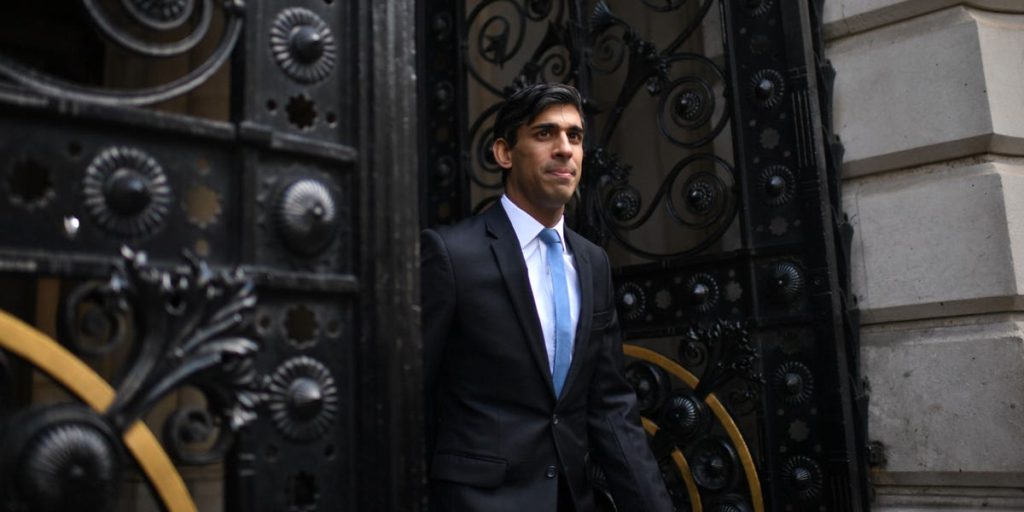Britain’s dramatic rollback of its net zero ambitions will threaten climate tech startups’ ability to raise fresh capital from investors, industry experts have warned.
UK Prime Minister Rishi Sunak revised the country’s plans to reach net zero last month in a move he said would save money for consumers. Changes include delaying a ban on the sale of new petrol and diesel vehicles, moving from 2030 to 2035, and no longer mandating energy efficiency improvements in homes. The phase-out of natural gas boilers has also been pushed from 2025 to 2035.
Sunak said the government remained committed to its obligation to reach net zero by 2050, despite the u-turns. He also unveiled a grant for boiler upgrades, reforms to energy infrastructure planning, and £150 million ($183 million) for the development of green tech.
Asif Ghafoor, the CEO and cofounder of EV charging network Be.EV, said that all businesses, from data analytics to infrastructure providers, should be concerned by the changes even though the UK is well ahead in its electric vehicle transition.
“They have sold these plans to their staff, investors, and customers,” he said of businesses. “Upending this timeline seeds doubt and uncertainty, which has a knock-on effect on risk appetite, jeopardizing further investment and the speed of that investment.”
The announcement adds to a growing list of ways the UK has diverged from Europe on climate policy, according to Kiko Ventures’ Arne Mortaeni.
There are already many tech roll-outs scaling fast in Europe – from heat pumps to novel energy tariffs –, but that are not in the UK due to market uncertainty, he said. “This kind of stuff will exacerbate the problem – the UK has great green innovation, but it gets rolled out somewhere else because the Government isn’t willing to embrace the future.”
It comes on the backdrop of an already strained startup and venture capital industry, which is operating as a shadow of its former self. Founders and fund managers are both struggling to raise capital in the down market – this is “more pronounced” in the UK, according to Michael Smith, partner at climate fund Regeneration.vc.
There has been an easing of environmental policies around the world. It includes European countries like Germany, where backlash unfolded for its heat pump roll-out. The country subsequently softened its gas boiler ban. France recently laid out its green roadmap but stayed clear of a potentially controversial ban on gas boilers.
For investors, political flip-flopping brings additional risk.
For the likes of health, biotech, and climate, regulation is often part of the business model, said SE Ventures partner Julien Christiani. It must be factored into baseline and up-side investment scenarios, he said. Climate tech is particularly exposed to this as it changes on a country-by-country basis, compared with health tech which has a “stable” and well-established regulatory process.
Christiani added that SE Ventures tried to get ahead of regulation and understand what will come next.
Consumer pressure and demand remain a green shoot for the green transition, Ghafoor and others said. They will continue to bring positive momentum, he added.
“The bottom line for me is that it will happen independently of the politics now,” said SE Ventures’ Christiani.
Read the full article here




